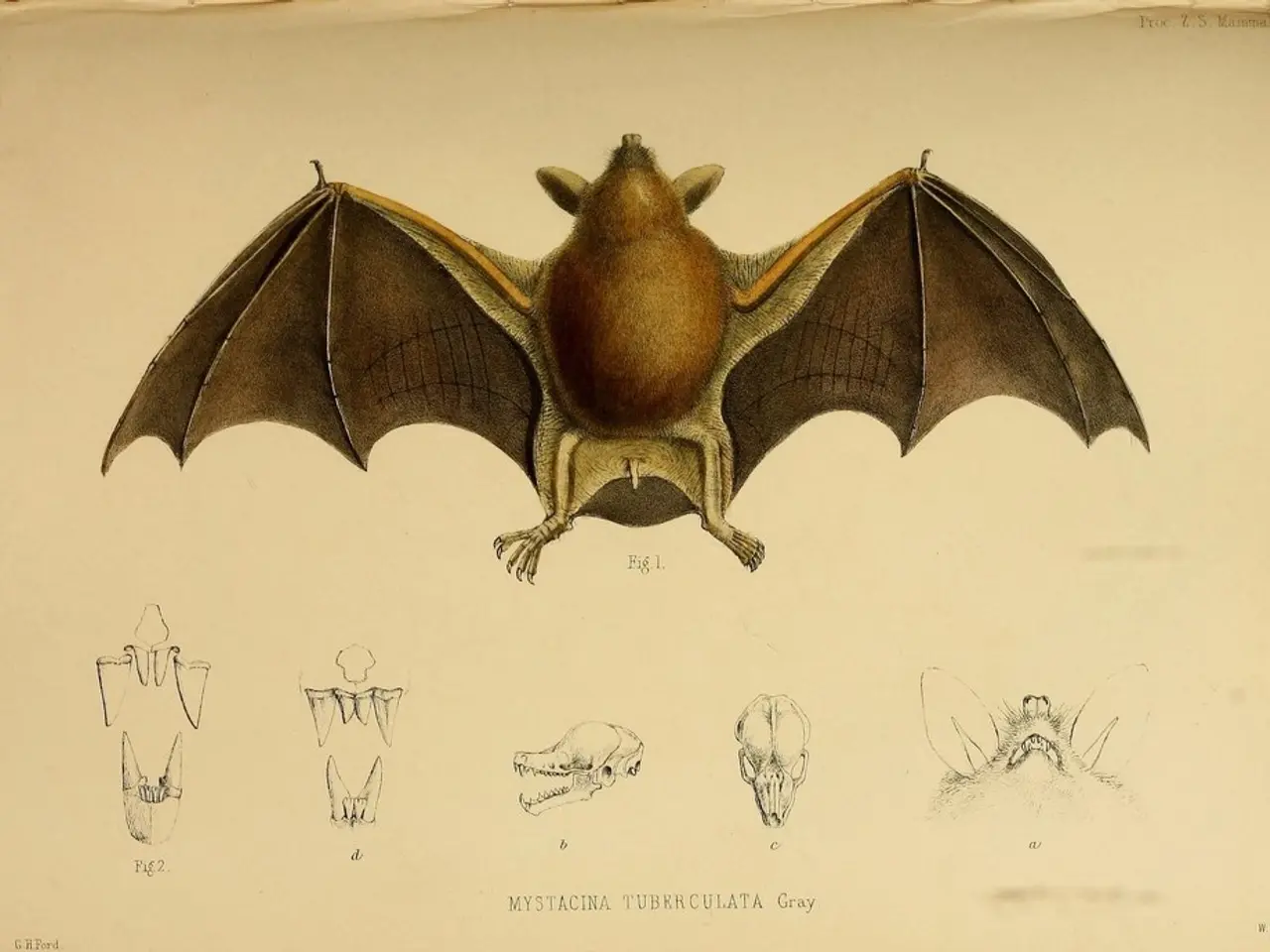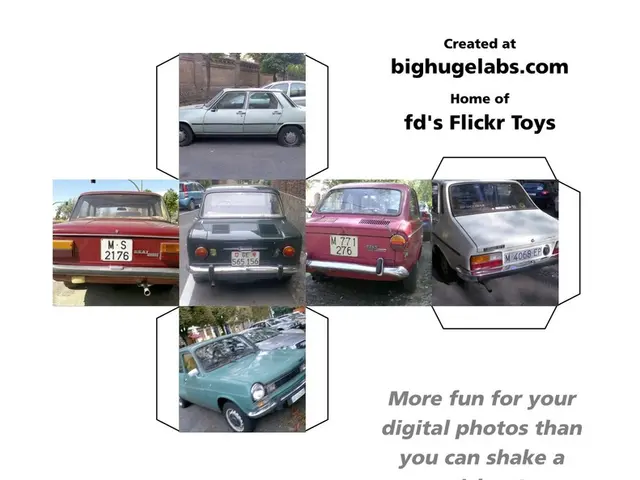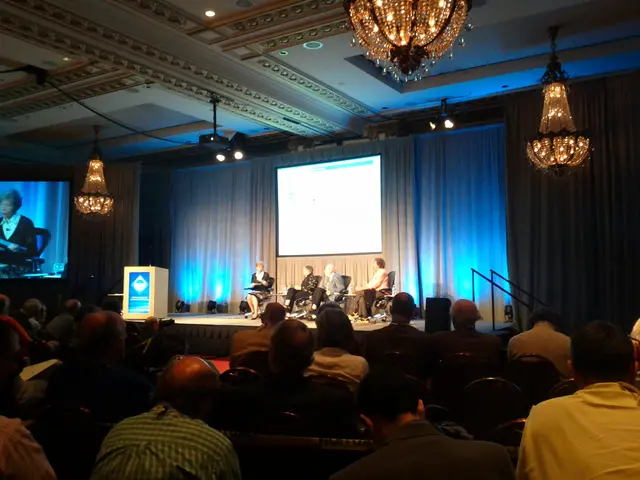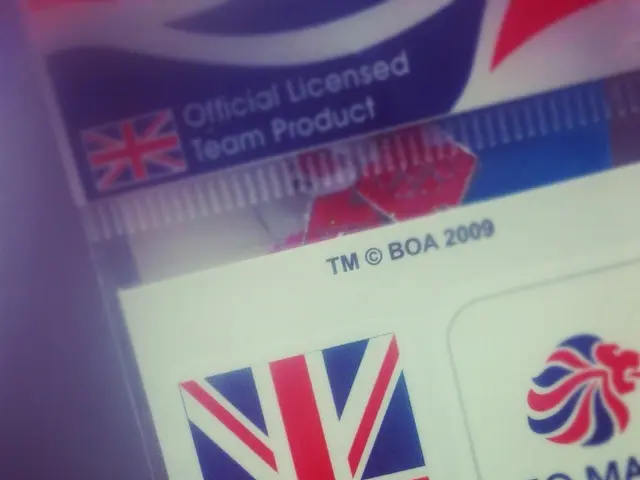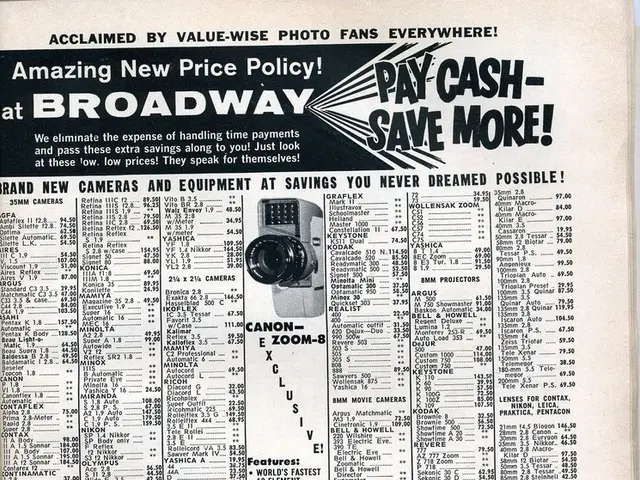Major global powers—South Korea, China, and Japan—collectively secure an overwhelming 94% of the worldwide market for electric vehicle battery minerals.
In a recent survey conducted by the Korea Chamber of Commerce and Industry, it has been revealed that Chinese companies are rapidly catching up to South Korean and Japanese firms in the field of NCM battery technology. This shift is particularly notable in the global EV battery mineral market, where Chinese companies now account for a significant portion of purchases.
According to the survey, China led in global EV battery mineral purchases in Q1, accounting for $1.635 billion (54.31%). South Korea followed closely, with $918 million (30.50%) of global purchases, and Japan accounted for $277 million (9.20%). This trend reflects the strategic acquisitions of mining assets by Chinese companies, shaping the global EV battery mineral market.
China's dominance in this sector is due in part to its significant advantage in securing raw materials. The country holds stakes in 407 mines producing lithium, nickel, and cobalt, the key minerals for cathode materials. In contrast, Japan has stakes in 31 mines, and South Korea in 15.
Japan relies on partnerships between private trading companies and state-backed firms to obtain mineral resources, while China's state-owned enterprises have aggressively secured major mining assets overseas, especially in Africa. This has given Chinese companies a significant edge in securing raw materials for EV battery minerals.
China also leads in the lithium iron phosphate (LFP) battery market, a technology that is becoming increasingly popular due to its safety and cost-effectiveness.
In Asia, the largest mineral deposits essential for EV batteries, such as lithium, nickel, and cobalt, are predominantly owned by Chinese companies. Chinese firms maintain the largest foreign stakes in mining operations in the Democratic Republic of Congo (DRC) region and hold operational licenses along the Tien Shan Belt in Central Asia.
The top four companies in EV battery mineral purchases are China's CATL and BYD, South Korea's LG Energy Solution, and Japan's Panasonic. These top four companies account for two-thirds of total EV battery mineral purchases.
The global EV battery mineral market has experienced a temporary slowdown in demand, but the trend towards electrification is expected to continue. As the demand for electric vehicles grows, so too will the need for the raw materials necessary to power them, making the strategic positioning of companies like those in China all the more crucial.
The survey by the Korea Chamber of Commerce and Industry was conducted in July 2024, and it provides a snapshot of the current state of the global EV battery mineral market. With the ongoing electrification of the automotive industry, it is likely that this trend will continue, and Chinese companies will likely remain at the forefront of the industry.
According to Adamas Intelligence, a leading EV supply chain research firm, a total of $3.01 billion (about 4.12 trillion won) worth of battery metals were used in newly sold electric vehicle battery packs worldwide in Q1. This underscores the importance of the EV battery mineral market and the strategic positioning of companies like those in China.
